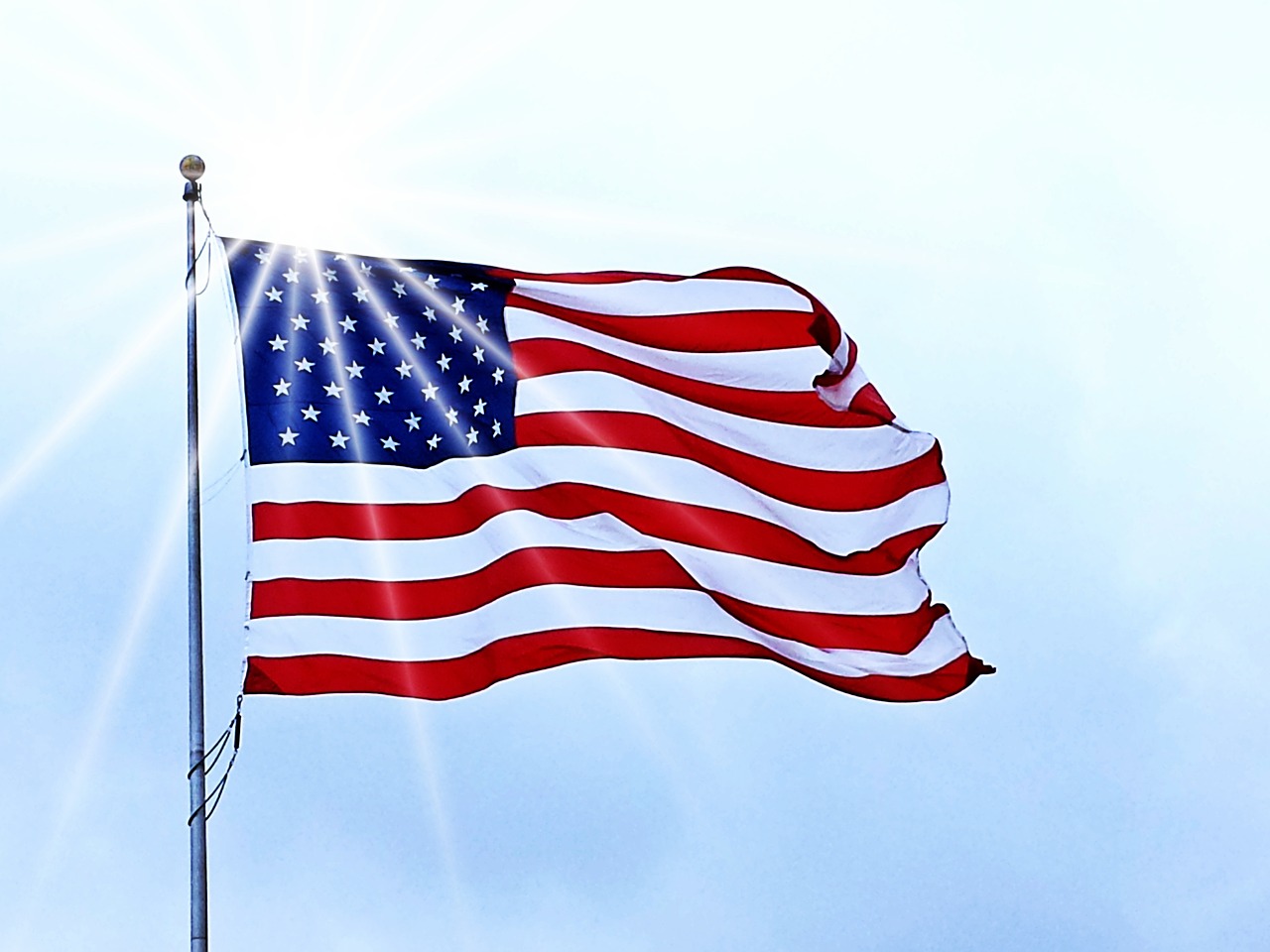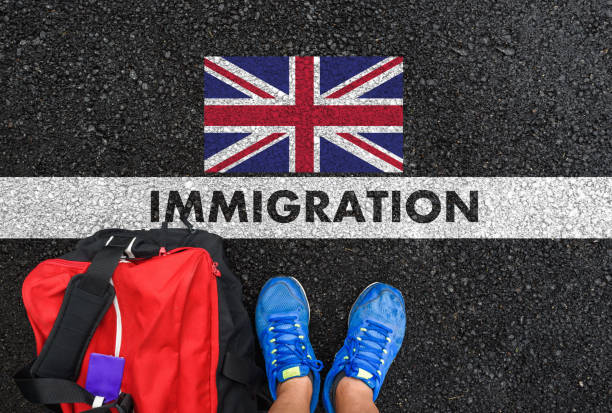Immigration and Travel
US Student Visa Rejections Causes and Solutions
A student visa is a crucial document that allows international students to study in the United States. The U.S. The Department of Homeland Security issues three main types of student visas: F-1 visa, J-1 visa, and M-1 visa. The specific visa you need depends on the type of school or program you plan to attend.
Types of Student Visas
There are three primary types of student visas in the United States, each designed for different educational purposes:

#1. F-1 Student Visa
The F-1 student visa is the most common type and is meant for international students who wish to enrol in U.S. universities offering academic degree programs.
It also covers language programs, high schools, and various academic courses.
Read Also: Your Guide to Becoming a UK Au Pair in 2023
#2. J-1 Visa
The J-1 student visa is intended for those participating in exchange programs at U.S. universities or institutes.
To qualify for this visa, the program must be approved by the Department of State Bureau of Educational and Cultural Affairs, and it should be funded by an educational or nonprofit sponsor.
#3. M-1 Visa
Most Read: UK Visa and Relocation Expenses from Nigeria
The M-1 visa is designed for students pursuing non-academic or vocational studies in the U.S.
This includes fields like cooking, technical programs, medical coding, cosmetology, and more.
The educational institute must be SEVP-certified, but it’s important to note that only a small percentage of student visas fall into this category.
Read Also: Canada Travel Guide for a Safe a Memorable Trip In 2023
Most Common Reasons for Student Visa Rejection
Obtaining a student visa can be a challenging process, and there are several common reasons why visas are denied:
#1. Lack of Finances
One of the top reasons for visa rejection is the inability to prove that you have sufficient financial means to cover your educational and living expenses in the U.S.
Visa officers require financial documents that demonstrate you can support your education for the entire program duration.
Also Read: 12 Safety Tips for Traveling Abroad with Confidence
#2. No Intent to Return Home
Visa applicants must show strong ties to their home country and an intent to return home after completing their studies.
Failure to convince the visa officer of your plans for post-graduation and your connections to your home country can lead to rejection.
#3. False, Incorrect, or Missing Documents
Inconsistencies or inaccuracies in your documentation, such as discrepancies between your application and the university’s I-20 form, can raise red flags for visa officers. Ensure all your paperwork is accurate and complete.
Quick Read: What are the Requirements to Travel to the US as Teacher
#4. Academic Program
Your choice of academic program and your ability to convincingly explain why you want to pursue it in the U.S. can impact your visa approval.
Consular officers may ask about your program, its relevance to your career goals, and why you’ve chosen a specific university.
#5. Late Application
Timeliness is crucial when applying for a student visa. Delaying your application can jeopardize your program’s start date, potentially leading to visa rejection. Plan to allow ample time for application processing and visa interviews.
#6. Country of Origin
Your country of origin can influence the level of scrutiny your application receives. Students from different countries may face different types of questions during their visa interviews. It’s essential to be prepared for questions tailored to your specific circumstances.
Quick Read: How to Move to Canada Through Conjugal Partnership
#7. Visa Interview Tips
Preparing for your visa interview is essential to increase your chances of approval. Visa officers typically cover key topics such as your study plans, university choice, academic capability, financial status, and post-graduation plans.
To excel in your interview:
- Research and practice your answers to common questions.
- Avoid memorizing responses but aim to cover essential points.
- Arrive on time, dress professionally, and bring all required documents.
- Ensure consistency between your application and interview responses.
Can You Appeal a Visa Rejection?
Unfortunately, there is no formal appeal process for a U.S. student visa rejection. Once your visa application is denied, it’s considered final, and there’s no way to challenge or appeal the decision. However, you do have the option to reapply.
Getting F-1 Visa After Rejection
If your student visa application is denied, there are steps you can take to increase your chances of approval when reapplying.
You can reapply three business days after receiving the denial, but it’s not always advisable to do so immediately. Instead:
- Review the reason for your rejection, as stated in the denial notice.
- Correct any errors in your paperwork and gather additional required documents.
- Seek guidance from experts or advisors to address specific rejection reasons.
- Consider waiting until you can resolve the issues that led to the rejection.
Prepare Self Before Applying
Before submitting a new visa application, it’s crucial to thoroughly prepare yourself. Understand the specific reason for your previous rejection, which may be indicated in the denial notice.
Review your application, seek assistance from professionals or advisors, and gather all necessary documents.
Ensure that your new application addresses the issues that led to the initial rejection.
Qui k Read: How to Get Cheap Flights to the United Kingdom
Reapplying for an F-1 Student Visa
The process for reapplying for an F-1 student visa after rejection is similar to the initial application. You must follow the same steps and provide the required documentation. However, it’s essential to:
- Address the reasons for your previous rejection in your new application.
- Ensure that the program dates on your DS-160 and I-20 match.
- Allow sufficient time for review and interview scheduling.
- Understand that your chances of approval may vary based on the previous rejection reason and other factors.
- If you have any specific questions or need further information on any of these topics, please feel free to ask.
FAQs
What is a student visa, and why is it important?
A student visa is a document that allows international students to study in the United States. It’s crucial because it grants you legal permission to pursue your education at a U.S. university or institution.
What are the different types of student visas available for studying in the U.S.?
There are three main types of student visas in the U.S.:
- F-1 Student Visa for academic degree programs.
- J-1 Visa for exchange programs.
- M-1 Visa for nonacademic or vocational studies.
Conclusion
The most common reasons for student visa rejections include lack of finances, failure to demonstrate an intent to return home, and discrepancies in documentation. Also, issues related to the chosen academic program, late application submissions, and factors related to your country of origin.
Unfortunately, there is no formal appeal process for a U.S. student visa rejection. Once your application is denied, it’s considered final. However, you can reapply for the visa











